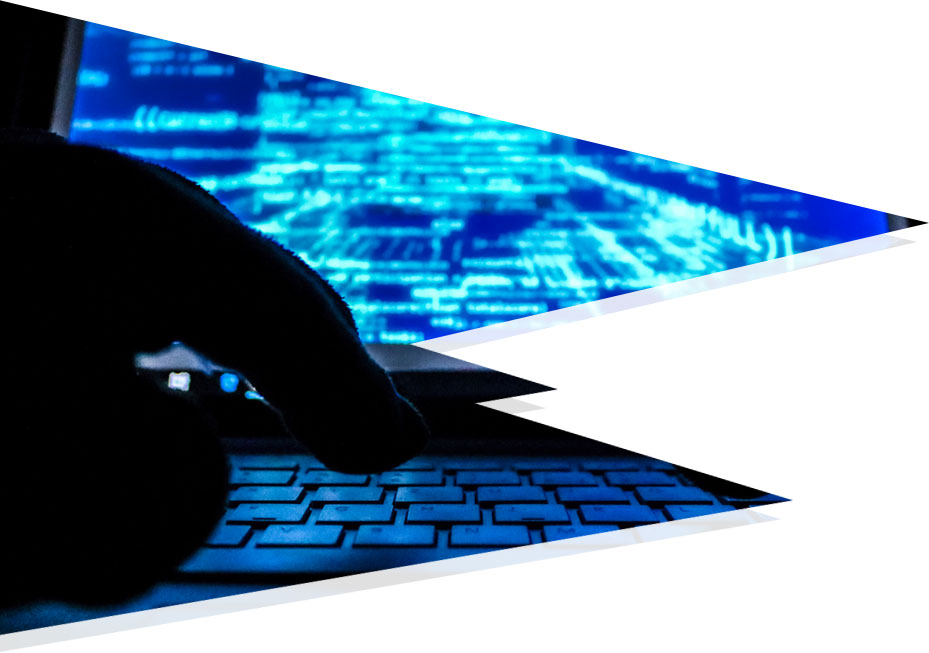Communication and Quantum Cryptography Theory
SECURE DATA TRANSMISSION
SECURE DATA TRANSMISSION
As computer networks spread worldwide with users accessing them via millions of different terminals, secure data transmission and data storage become more and more relevant. Currently, the security of the Internet relies on computational assumptions like, for instance, the problem of factoring large numbers. Quantum computers—which are computers that operate on the principles of quantum mechanics—can solve this type of problems efficiently. If they are ever built, most conventional cryptography will fall apart.
Quantum Key Distribution (QKD) is a technique that exploits quantum effects—particularly the quantum non-cloning theorem—to establish an information-theoretic secure key between two distant parties, thus offering perfect forward security. This secret key can be used in symmetric-key cryptography—like, e.g., the one-time-pad—to achieve information-theoretic secure communications.


Our group works on several theoretical aspects of QKD and quantum communication, which include closing the gap between theoretical concepts for QKD and their experimental implementation with current technology, the development of high-performance protocols that can increase the secret key rate and maximal distance covered by practical QKD systems, the security analysis of QKD schemes, with special emphasis on the problem of implementation security, as well as the study of beyond-QKD quantum communication protocols.